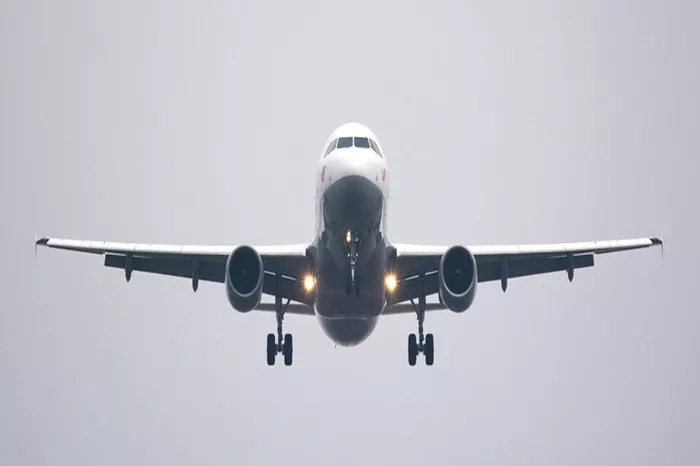The escalating competition between American Airlines and United Airlines at Chicago’s O’Hare International Airport is expected to have far-reaching implications for passengers traveling globally during the summer of 2025. With air travel already facing challenges in 2025, the fierce rivalry between two of the country’s largest carriers at one of the busiest airports in the U.S. is set to complicate travel plans for millions of travelers.
O’Hare, a vital international hub, serves as a gateway for flights to and from major cities across North America, Europe, Asia, and Latin America. The heightened competition between American Airlines and United Airlines, which has already led to significant fare reductions, is raising concerns about the stability of flight availability, pricing structures, and overall airline service quality at this critical peak travel period.
While travel industry analysts note that passengers might benefit in the short term, with domestic fares at O’Hare reportedly down 3 percent compared to the previous year due to the airlines’ rivalry, the long-term implications could be less favorable. The reduced fares could initially appeal to travelers looking for more affordable flights, but experts warn that the underlying tensions between the two carriers could lead to service disruptions, unpredictable flight schedules, and reduced reliability.
Frequent flyers and travel planners have expressed concerns that prolonged legal disputes and ongoing competitive battles might distract the airlines from maintaining consistent service levels, which could affect everything from on-time performance to overall customer satisfaction. As the airlines focus on outmaneuvering each other, there are fears that this could lead to a decline in overall service quality, leaving passengers frustrated and uncertain about their travel plans.
The situation is particularly concerning for travelers during the busy summer months when O’Hare’s air traffic volume is at its peak, and the risk of delays and cancellations could be higher. As travelers prepare for a summer of potential disruption, analysts are urging passengers to stay informed and consider alternative travel strategies to mitigate any impact from the ongoing airline rivalry.

